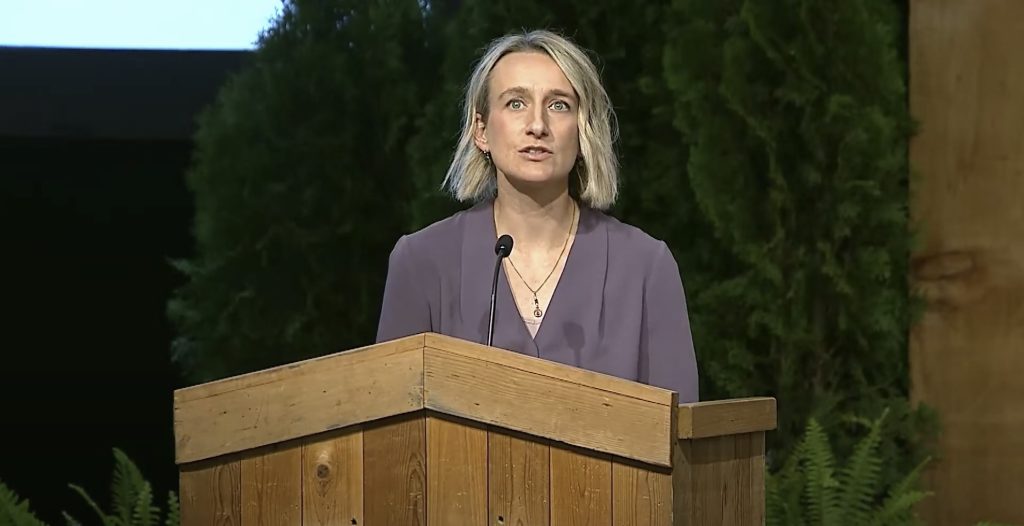Podcast: Play in new window | Download | Embed
Canada’s doctors have formally apologized for the role of the medical profession in past and on-going harms to the country’s Indigenous people.
More from Dan Karpenchuk.
Dr. Joss Reimer, president of the Canadian Medical Association, made the apology in a Victoria, B.C. conference hall during a somber ceremony.
“The Canadian Medical Association is deeply sorry for the harms First Nations, Inuit, and Métis peoples have experienced and continue to experience in the Canadian health system. The conditions they have faced is deplorable and we are deeply ashamed.”
Dr. Reimer says the actions and inactions of the medical profession, throughout history, led to racism, neglect, and abuse, and the profession has not lived up to the ethical standards it is expected to uphold.
Dr. Paula Cashin, vice chair of the CMA’s board of directors, talked about Indian hospitals, substandard care, forced sterilization, forced relocation of Indigenous patients far from their homes and families, and …
“Medical experimentation was conducted on Indigenous adults including studying the effects of nutritional interventions and experimental tuberculosis vaccines and treatments. We still do not know the full extent of medical experimentation on Indigenous children or adults.”
Dr. Reimer says her organization is committed to owning up to its past wrongs and correcting them.
Some elders said the apology was a good first step, but acknowledged that rebuilding trust will take a long time because of the damage.
Some Native groups say they want more than an apology; they want concrete actions.

 In many states, the political landscape can be combative, disenfranchising, and even hostile.
In many states, the political landscape can be combative, disenfranchising, and even hostile.
In South Dakota though, one group is looking to reach voters who may have more power than previously thought.
South Dakota Public Broadcasting’s C.J. Keene checks in with one Native-led, get-out-the-vote effort.
Communities Organizing for Unified Power (COUP) has announced its latest effort to register and mobilize Indigenous voters through the HeSapa Voters Initiative.
Natalie Stites Means is COUP executive director.
“We’re a non-partisan group – we don’t work with either political party – we’re solely interested in more Native Americans registering to vote. We feel like Native Americans are the future of South Dakota, we’re the majority-minority, and it’s been demonstrated our voting rights are definitely inhibited by the conditions we’re facing here.”
Advocates say conditions like long drives to polling locations, few if any satellite polling locations, and a lack of public transit options on reservations contribute to an already well-established wariness of government on reservations.
Stites Means says it’s not all about Washington D.C. though.
“What we’re really interested in is our local, state, city elections. We have seen really small margins put people in office, and we want to help galvanize our community to care about these civic issues and public policy issues that are creating these conditions where we are disenfranchised and disempowered.”

For Stites Means, that means taking a hard look at economic development in reservation country.
“Particularly in South Dakota, half of (Native Americans) live at or below the federal poverty rate. In contrast, the white population at least in 2020 – only 8% of them lived below the federal poverty rate. Voting is a social determinate of health.”
The get-out-the-vote effort will continue through the election.
Get National Native News delivered to your inbox daily and stay up-to-date on the 2024 Native Vote. Sign up for our daily newsletter today.




